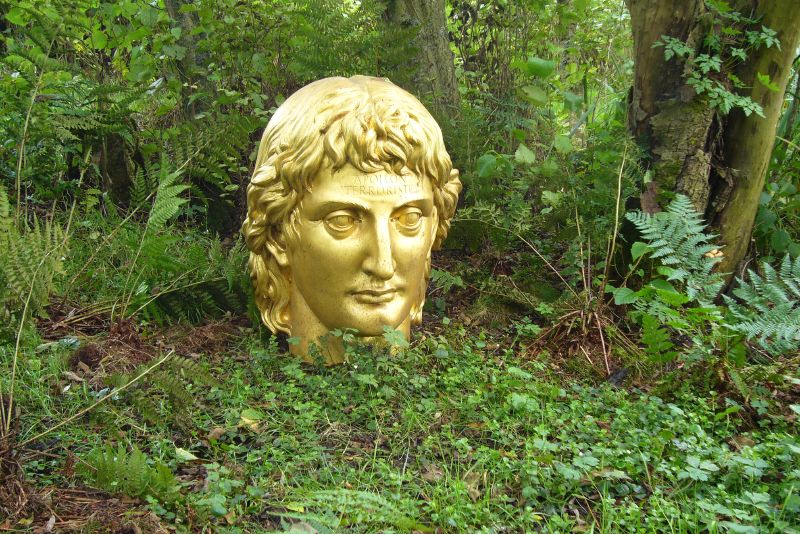Sunday, May 25, 1:00 pm – 3:00 pm – Natural History Exploration
Join artist and journalist Will Close for this series of natural history explorations at the Millers River Environmental Center. In this Athol Bird & Nature Club workshop on May 25 you will get a chance to deepen your awareness and connection to the natural world through wildlife tracking and the use of nature journaling and field sketching. You will be guided through various foundational techniques designed to strengthen your observational skills. This workshop will be primarily held in the field. All experience levels are welcome.
Will Close is an artist, designer, educator, and wildlife tracker who specializes in the intersection of nature, art, design, and teaching. He holds a degree in Fine Art Painting from Massachusetts College of Art and Design and studied wildlife track and sign under Dan Gardoqui and Daniel Hansche. Currently, Will resides in Concord, Massachusetts where he maintains an artistic studio practice and is an outdoor education instructor with the Carroll School located in Lincoln, Massachusetts. His passion for nature illustration, tracking and sharing it with others, has taken him from the spruce forests of Maine to the Ecuadorian Amazon. Most recently, he was the inaugural artist in residence with North Country Land Trust in North Central Massachusetts. For more information visit www.atholbirdclub.org


